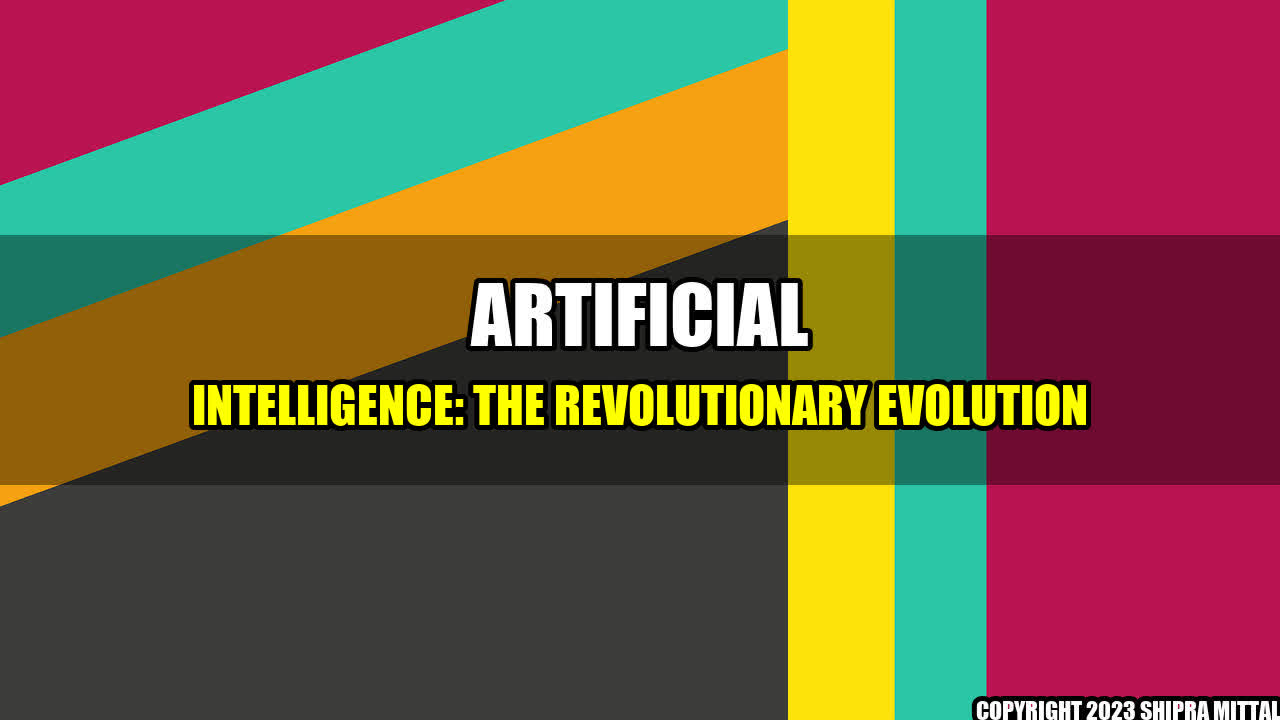Have you ever imagined talking to your computer and getting a response? Or, playing a board game that can defeat you multiple times? All of this has become possible with the advent of artificial intelligence or AI.
AI is a science which enables machines to perform tasks that typically require human intelligence such as visual perception, speech recognition, decision-making, and language translation. This revolutionary technology is changing the way the world works, interacts, and communicates. The practical applications of AI are limitless, and its impact on everyday life is tremendous.
For instance, the healthcare industry has been transformed immensely with AI. Companies like IBM Watson Health and Google DeepMind are using AI to diagnose diseases, predict patient outcomes, and design personalized treatment options. AI has also transformed the automotive and transportation sectors with self-driving cars like Tesla and Google's Waymo.
Another significant example of AI is in the field of gaming. AlphaGo, a computer program developed by Google DeepMind, defeated one of the world's best human Go players, Lee Sedol, in a five-game match. This game that originated in China more than 2,500 years ago now has a machine that can beat a human at it.
AI technology has the potential to revolutionize education, retail, finance, and many other industries, making work processes more efficient and productive. However, with such a powerful technology, there are also concerns and challenges like data privacy, job loss, and ethical concerns. It is crucial to have a balance between the benefits and challenges that AI brings.
In conclusion, AI is a game-changer, and its impact is already being felt across industries. It is essential for businesses and individuals to embrace this technology and leverage its power, keeping in mind the ethical concerns that come along with it. AI has the potential to make our world a more efficient, productive, and innovative place.

Akash Mittal Tech Article
Share on Twitter Share on LinkedIn